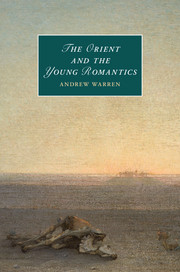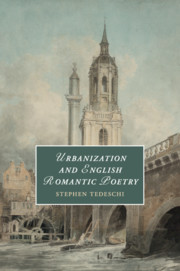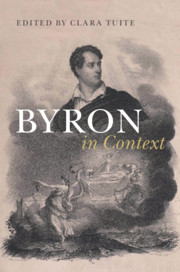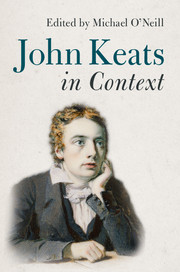The Orient and the Young Romantics
Through close readings of major poems, this book examines why the second-generation Romantic poets - Byron, Shelley, and Keats - stage so much of their poetry in Eastern or Orientalized settings. It argues that they do so not only to interrogate their own imaginations, but also as a way of criticizing Europe's growing imperialism. For them the Orient is a projection of Europe's own fears and desires. It is therefore a charged setting in which to explore and contest the limits of the age's aesthetics, politics and culture. Being nearly always self-conscious and ironic, the poets' treatment of the Orient becomes itself a twinned criticism of 'Romantic' egotism and the Orientalism practised by earlier generations. The book goes further to claim that poems like Shelley's Revolt of Islam, Byron's 'Eastern' Tales, or even Keats's Lamia anticipate key issues at stake in postcolonial studies more generally.
- Shows how Romantic poetry anticipates many of the themes and ideas of modern postcolonialism
- Puts forward new readings of poems by Byron, Shelley, Keats, Southey and Wordsworth
- Reads Romantic poems about the East via philosophy, political philosophy and critical theory
Reviews & endorsements
'… this book is a compelling critical achievement in part because it is finely wrought, but also because in it Andrew Warren raises questions about the poetry of the second generation that are very much worth raising and discussing … Warren's study offers us real insight and sustained critical pleasures.' Theresa M. Kelley, Studies in Romanticism
Product details
November 2014Hardback
9781107071902
286 pages
235 × 158 × 22 mm
0.56kg
Available
Table of Contents
- Introduction: from solipsism to Orientalism
- 1. 'The Book of Fate' and 'The Vice of the East': Robert Southey's Thalaba the Destroyer (1801) and High Romantic Orientalism
- Interchapter I. Montesquieu: nature and the Oriental despot
- 2. Byron's Lament: Lara (1814) and the specter of Orientalism
- 3. The spirit of Oriental solitude: Shelley's Alastor (1816) and Epipsychidion (1821)
- Interchapter II. Rousseau's foreigners
- 4. 'The Great Sandy Desert of Politics': the Orient and solitude in The Revolt of Islam (1818)
- 5. 'Unperplexing Bliss': the Orient in Keats's Poetics
- Bibliography.






